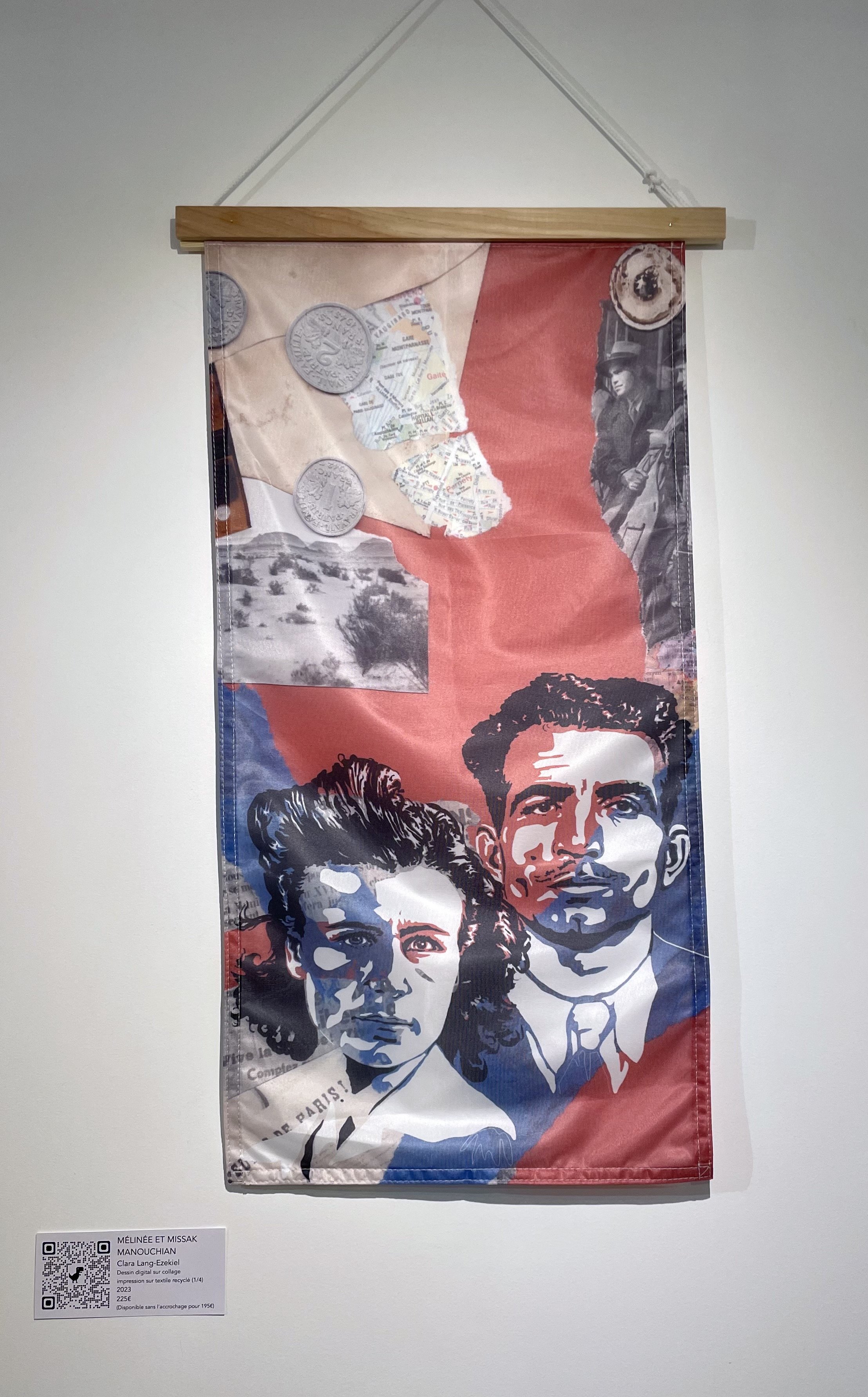Mé-tissage de l’Histoire (2023)
Foreigners have shaped France. France has always been, often reluctantly, a land of immigration. Immigrants have helped to write some of the most important chapters in French history, and to create or refine certain elements of its cultural heritage.
Let's begin with the French Revolution, the founding epoch of contemporary French society and identity. Among the founding fathers of the Republic, the "people's friend" Marat was in fact Prussian (current day Switzerland). The Declaration of the Rights of Man and of the Citizen is itself the product Enlightenment ideas migrating across continents, illustrated by Thomas Jefferson's (future President of the United States) contribution to its drafting.
One hundred and fifty years after the Revolution, many foreigners, such as Mélinée and Missak Manouchian, both Armenian refugees, risked and sacrificed their lives to defend the ideals of this same republic in the face of the German occupation of the country.
Even more recently, it was immigrants like Patrick Vieira and the children of immigrants like Zinédine Zidane who made France proud to be soccer world champions in 1998 and 2018. Viera, himself born in Senegal, obtained his French nationality thanks to the military service of his grandfather, who, like many men from the French colonies, fought to defend France, despite the fact that it then failed to grant them the supposedly universal rights they defended.
Even the world-famous viennoiseries pastries which French bakeries pride themselves on, are aptly named, having been brought over from Vienna by Marie-Antoinette, the Austrian wife of the ill-fated king Louis XVI. In fact, almost all French queens have been foreigners. If we follow this logic, many kings are also descended from immigrants.
French artistic and literary heritage is made up of a plethora of foreign artists, represented here by the Comtesse de Ségur, née Sophie Rostopchine, daughter of the general who repelled Napoleon's advance into Moscow; she arrived in France at the age of 19. The Panthéon, the final resting place of France's most illustrious figures, now houses Josephine Baker, whose story links cultural heritage and resistance.
So why does this country insist on keeping potential new agents of progress away from its territory?







